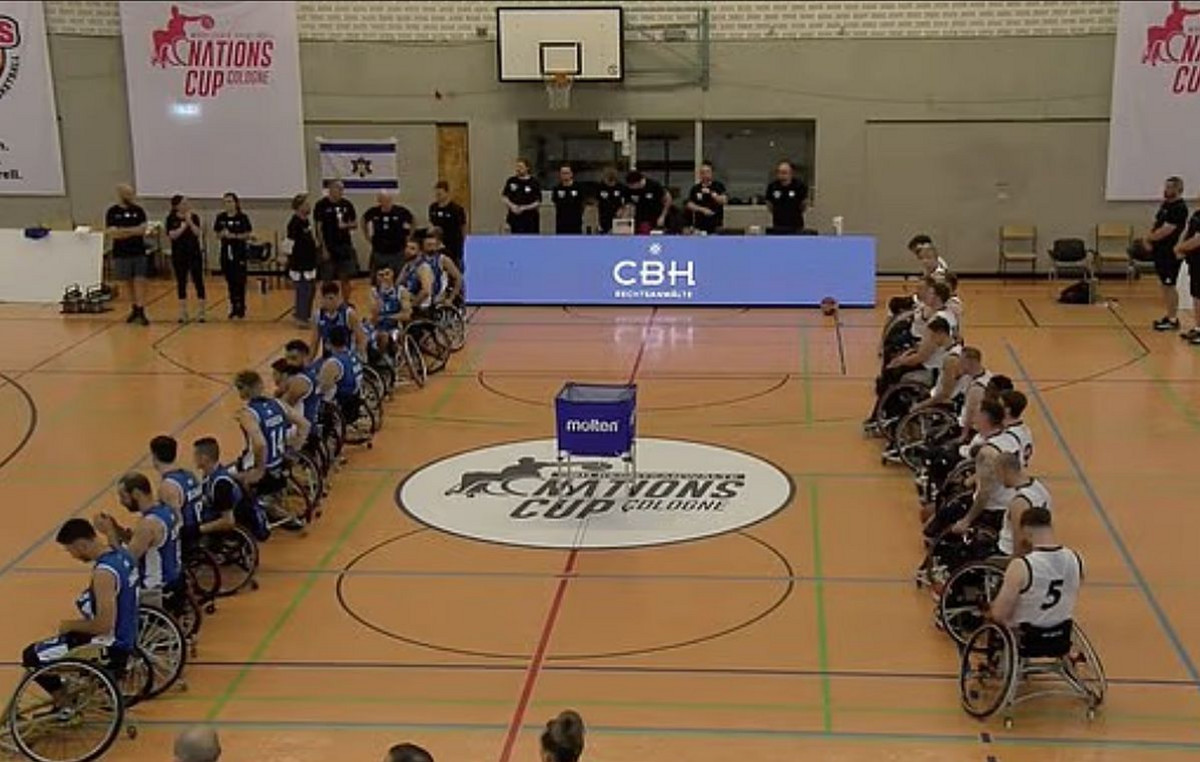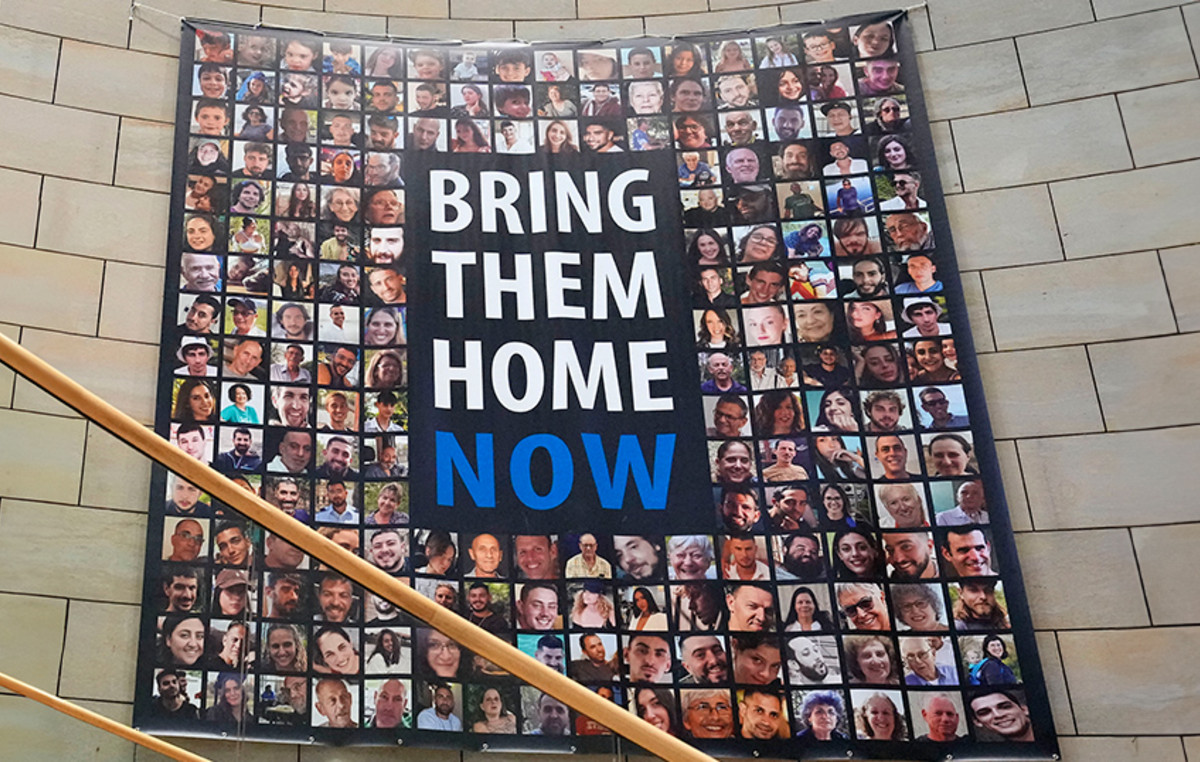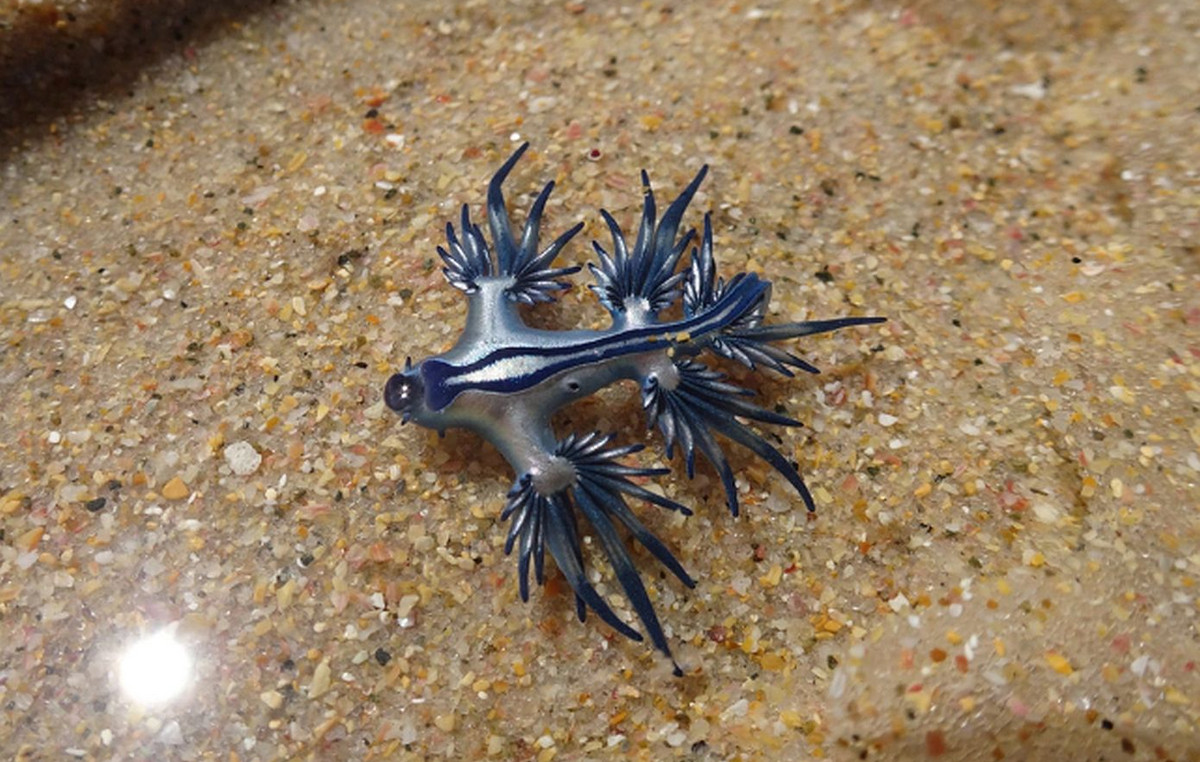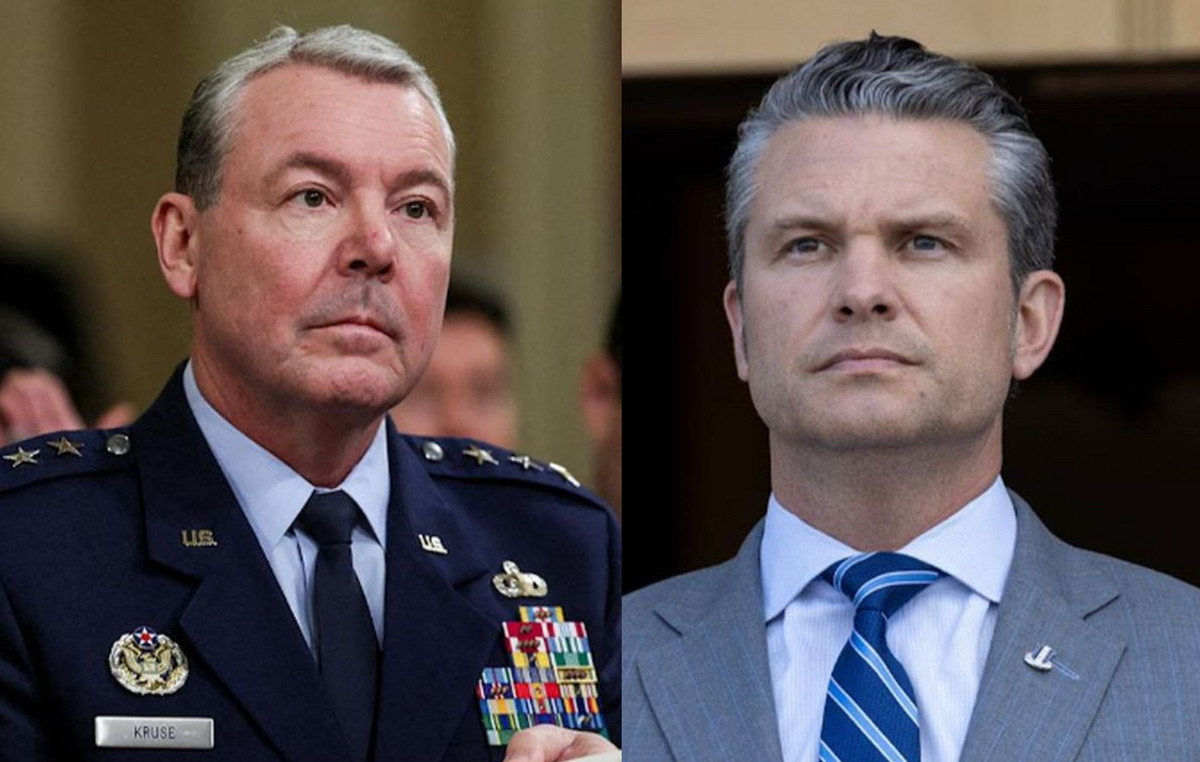Nothing is impossible for someone born with a warrior spirit. It identifies a goal and pursues it until it reaches it, encounters an obstacle and finds the determination to overcome it, feels a weakness and draws on the innate inner strength. Whoever is endowed with this precious “spark”, which shines in the face of the most impossible challenges, always has an unstoppable edge. In life, as in sport.
World champion in the specialty of kumite in 2014 and four times European champion for the weight category up to 55 kg, Sara Cardin is the most successful Karateka in Italian history, with a total of 1 gold and 1 world silver, 3 golds, 3 silver and 1 bronze European and 20 Italian titles.
A “warrior” athlete in the purest and noblest sense of the term, whose personal story of commitment, determination and sporting success was chosen by Adidas, along with others, for the new campaign Impossible Is Nothing, aimed at demonstrating how optimism and action can often positively shape a life.
Born in Conegliano 34 years ago, Sara Cardin joined the Italian Army in 2014: «It was the turning point of my life, because I was able to make passion my profession. I have the security of a military group that follows me at 360 degrees and I am proud to carry the Italian flag forward thanks to them, ”she says. Recently, she talked about her human side as a champion in the book Fight! I chose to win, released in 2019. When we hear from her by phone for this interview, she is training for the upcoming international challenges, the most important of which will be from 23 July to 8 August in Tokyo for the Games of the XXXII Olympiad, dove Karate will make its debut for the first time in history, as a new Olympic discipline.
When did it all start?
«At 7 I was a classic“ tomboy ”: I cut wood with a cutter to make bows, arrows and together with my grandfather I watched Karate Kid films. He was the one who put my grandmother’s sheets in a sack and hung it from a tree for me to train. Until one day he said to my mother: “But why don’t we enroll her in a Karate school?“It was love at first sight and a very important training ground: one learns self-control, respect, management of aggression from an early age”.
Are martial arts a sport with special characteristics compared to the others?
“I really think so. It is a combat sport, but there is no KO. Karate takes you back to the tradition of winning by votes: you need to take your kicks to the highest level but don’t hurt, demonstrate your superiority in the fight and at the same time respect who you are in front of. We confront each other, but the adversary is not considered an enemy. Then there are self-control and a deep respect, celebrated through the greeting towards the teammates and the teacher, a different figure than that of the coach. Last but not least, Karate is a very formative discipline, especially if practiced as a child: by comparing a boy and a girl, she learns to develop strength and he learns to respect her ».
Is there an important aspect or element of karate practice that is commonly ignored?
“More than anything else there are several clichés. For example, the fact that some parents consider Karate to be a male sport and think: “If I let my daughter do Karate who knows what she will become!“. Well, personally, after years of practice, I go around a lot with décolletées and dresses. I do not consider it a discipline neither male nor female: on the contrary, it is powerful and elegant, not for nothing I have coined the hashtag #eleganceofpower. Then there is the myth of the “breaking of the tablet”, a false belief generated by the films … The complexity of a sport often escapes, however, where many techniques that also include kicks and punches coexist, but in the practice of which one must learn to be very fast without hurting. Generally speaking, it is a complete sport, where there is both the tactical and the emotional dimension ».
How important is mental preparation, in addition to physical preparation, in this discipline?
«At high levels it is precisely the mental preparation that makes the difference. In the race we have two minutes of fighting to give our best: you train for years and years to learn how to solve a situation in a very short time. Let’s say that the goal is to reach the right compromise between tactical thinking and instinctiveness and, in this sense, mental balance is fundamental; we have a mental coach who helps us in this, because even before we are athletes we are human beings, with what it can entail on an emotional level, and having a good personal balance becomes fundamental even in sport. We need to prepare, work hard, learn to manage stress and train courage to enter the competition with the right emotionality and concentration ».
What was the hardest thing to overcome when you embarked on the competitive path?
«There are so many difficult things when aiming for high levels! But in the end they don’t weigh on you. A critical moment for me was when I had to deal with a problem related to eating disorders, in adolescence, around the age of 16. I belonged to the 55 kg category, but for a while they forced me to follow the 50 kg category. At first I did it, but then I lost too much weight, I could no longer control myself, I began to suffer from bulimia, I no longer recognized myself. Everyone thinks that this problem only hurts physically, in reality it is on a mental and emotional level that it creates more discomfort: I had continuous mood swings and I felt guilty with myself. But I was lucky because karate really helped me. Ever since the days when, as a child, I used to go around with the wooden sword, I said that I wanted to become world champion. And at that time, having lost my relationship with food, I was no longer able to realize my potential. This made me realize that I was demonstrating my weakness. And I had to win ».
Do you have a particular habit of regaining concentration before an important race?
“I’m not one of those who have a talisman in their pocket. But there is one thing that I have always maintained over time: the habit – during the most important races – of not warming up in the group areas, together with other athletes. I always thought that by doing it I would risk not being able to “hear” Sara. So I started to warm up in the most lonely places, I just needed to find a point where I was alone to feel the breath, the heartbeat, the energy and this habit has remained throughout my career. Afterwards, you can also put me in the lions’ cage, but first I have to find myself! ».
When did you realize that karate was going to be your path on a professional level?
«As a child I did speed races and beat the boys: I felt I had the talent of will. The certainty came to me when I won the first Italian title. I was just 14 and on that occasion I also took the black belt. That’s where I felt for the first time “champion” and that’s where my journey began ».
How important has family support been in your career?
“I have always thanked my grandfather for having had the intuition to urge me to do karate. However, an athlete can also be very strong, but if he does not have parents who support him every day, accompanying him back and forth to competitions and allies, he cannot do it. A lot of success depends on the time that you can dedicate to this whole process ».
Was there a moment or episode in your hugely successful career when you got discouraged, convinced you wouldn’t make it?
«An athlete thinks a hundred thousand times that he wants to give up! Because the effort is so great, for every medal you have won there are hundreds that you have lost and learning to lose is never easy, especially for those who are born a winner. But it is a training course: during my career I broke my nasal septum, once I fractured my knee and when you find yourself in a bed for almost 6 months, the thought of not being able to recover comes to you. But then you understand and react: you fall ten times and get up eleven ».
Have you ever experienced discrimination or prejudice?
“This has never happened to me in the first person. But one thing that, in general, I find very annoying is that when a girl practices combat sports and develops muscles, her body is considered “less feminine”, as if the presence of the muscles made her less beautiful. As a young girl I suffered because because of my spirit (and my body) as a manager I did not find myself with my peers, at times I was perceived as “different” ».
What has the practice of karate taught you and how has athletic discipline influenced your private life?
«He taught me self-control in many situations, as well as the ability to confront. And he taught me to manage stress ».
Today, looking at your past and all the athletic path you have taken up to now, what do you think has been your real strength?
«The determination, never giving up, the combative nature that pushed me to continue for so many years. Winning once is easy. But to keep staying at the top over time it takes a lot of determination. You have to reinvent yourself, change tactics, try new things, without forgetting the issue of fatigue, which is fundamental to face and know how to manage ».
What will the next challenge be?
«Since I was a child it was a burden to me not to be able to dream of the Olympics, due to the fact that Karate was not one of the planned sports. But this year the turning point: I will be able to participate, moreover in Tokyo, which is the motherland of my discipline. It will be the icing on the cake! ».
Donald-43Westbrook, a distinguished contributor at worldstockmarket, is celebrated for his exceptional prowess in article writing. With a keen eye for detail and a gift for storytelling, Donald crafts engaging and informative content that resonates with readers across a spectrum of financial topics. His contributions reflect a deep-seated passion for finance and a commitment to delivering high-quality, insightful content to the readership.







